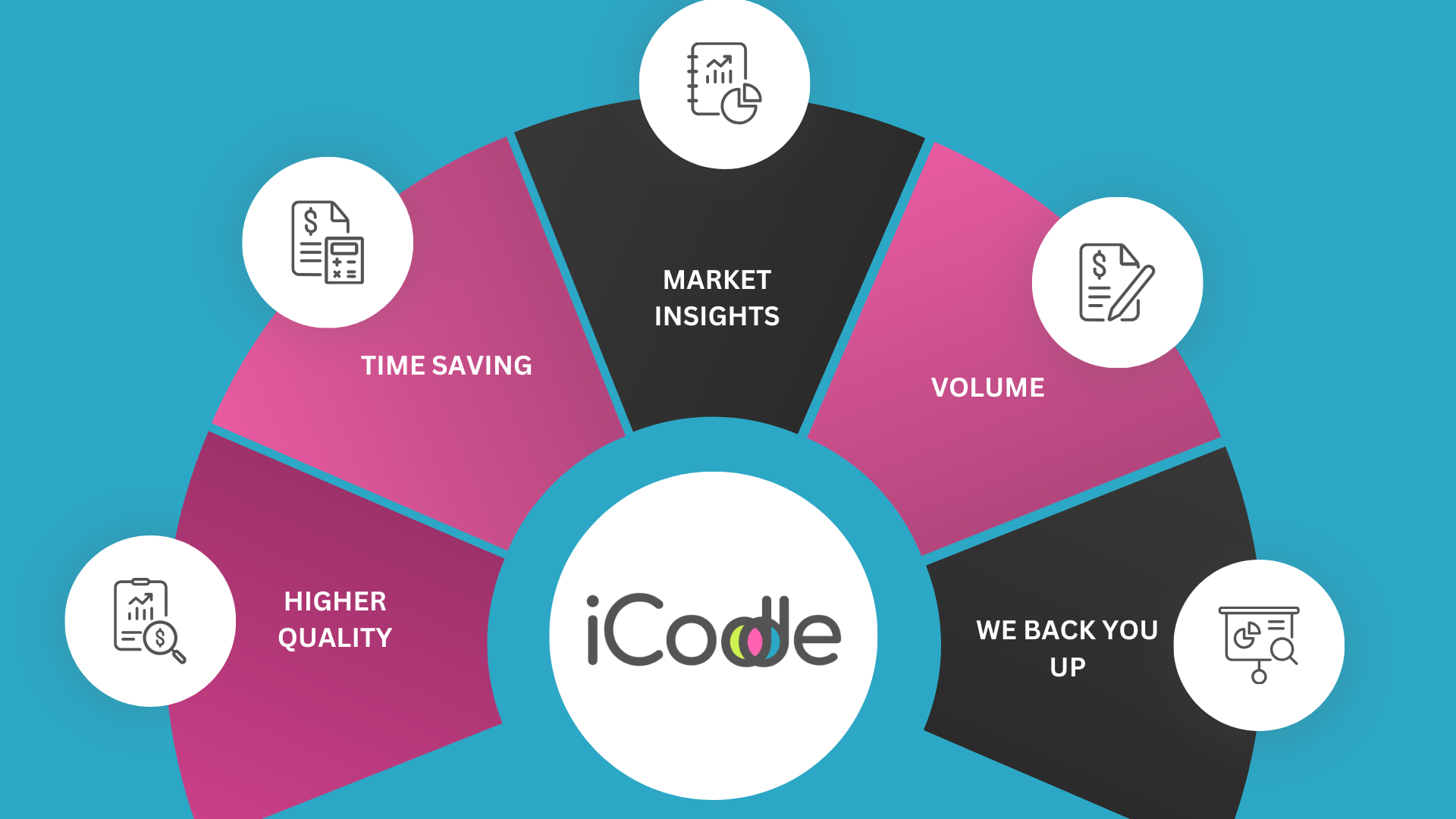Introduction
The finance industry is undergoing a profound transformation, driven by technological advancements and the demand for greater agility, accuracy, and efficiency. In 2023, tech skills are not just relevant to IT departments; they are integral to finance functions aiming to leverage automation, data analytics, and advanced software to optimize operations. Companies that are early adopters of these skills are better positioned to innovate and thrive in an increasingly competitive landscape. For finance professionals and recruiters in the finance transformation space, understanding these in-demand tech skills is essential to ensure they are equipped to meet the challenges of tomorrow.

Analysis: Breaking Down the Top 10 In-Demand Tech Skills
Artificial Intelligence (AI) & Machine Learning (ML)
Why It Matters: AI and ML are revolutionizing finance by automating complex tasks, improving risk management, and enhancing decision-making processes. For instance, Oracle’s AI-powered finance solutions streamline everything from predictive analytics to automated forecasting, making AI/ML expertise indispensable.
Insight: Finance professionals should look for candidates skilled in AI/ML frameworks like TensorFlow, capable of implementing these technologies within financial systems. Professionals who can bridge AI theory with practical applications in financial models and forecasting will be particularly valuable.
Cloud Computing
Why It Matters: The shift to cloud-based infrastructure is transforming finance departments by offering scalability, real-time data processing, and enhanced security. With platforms like Oracle Cloud ERP and OneStream Software, organizations can integrate financial data across the enterprise, providing a single source of truth.
Insight: Expertise in cloud platforms like Oracle Cloud and SAP S/4HANA Cloud is crucial. Finance recruiters should prioritize candidates with certifications such as Oracle Cloud Infrastructure Architect or SAP Certified Application Associate, as these indicate a deep understanding of cloud environments specific to finance.
Cybersecurity
Why It Matters: As financial data becomes increasingly digitized, the risk of cyber threats grows. Companies must safeguard sensitive financial information against breaches and ensure compliance with stringent regulations, such as GDPR or SOX. SAP’s cybersecurity solutions offer robust protection, making cybersecurity skills essential.
Insight: Candidates with expertise in financial data protection, threat detection, and incident response are in high demand. Certifications like Certified Information Systems Security Professional (CISSP) or SAP Certified Technology Associate in Security will set top talent apart in this field.
Data Science & Analytics
Why It Matters: Data-driven decision-making is at the core of finance transformation. Tools like OneStream XF enable companies to perform complex financial analytics, budgeting, and forecasting with precision. Companies investing in data science are gaining a competitive edge through insightful analysis.
Insight: Proficiency in statistical analysis, machine learning, and financial data visualization tools is critical. Finance recruiters should seek candidates who can use tools like Oracle Analytics Cloud or SAP Analytics Cloud to turn raw financial data into actionable insights.
DevOps
Why It Matters: DevOps practices are becoming essential in finance as organizations aim to shorten development cycles, improve software quality, and respond quickly to market changes. Oracle and SAP offer DevOps solutions that integrate seamlessly with financial systems, enhancing the agility of finance teams.
Insight: Candidates experienced in Continuous Integration/Continuous Deployment (CI/CD) pipelines, particularly within finance-related software environments, are invaluable. Familiarity with automation tools and platforms like SAP’s DevOps for SAP Cloud Platform is a significant advantage.
Blockchain
Why It Matters: Blockchain technology is making its way into finance, promising to revolutionize areas such as secure transactions, auditing, and compliance. SAP’s blockchain capabilities, for example, are being explored for secure and transparent financial operations.
Insight: Understanding decentralized systems, cryptography, and smart contracts is vital for finance professionals. Experience with blockchain platforms, particularly within financial contexts like SAP Blockchain, will be a major plus for roles focused on innovation in finance.
Internet of Things (IoT)
Why It Matters: The IoT is expanding into finance, enabling real-time tracking of financial assets, automated data collection, and enhanced customer interactions. IoT platforms like Oracle IoT Cloud provide finance teams with tools to manage and analyze data from connected devices.
Insight: Skills in managing IoT-enabled financial systems, sensor technology, and real-time data analytics are increasingly in demand. Finance recruiters should look for candidates with experience in leveraging IoT to optimize financial operations, particularly in areas like asset management and risk assessment.
Programming & Software Development
Why It Matters: Core programming skills remain fundamental, even in finance, where custom applications are often developed to meet specific organizational needs. Tools like OneStream XF and SAP’s custom applications rely on robust software development for their finance modules.
Insight: Proficiency in languages like Python, Java, and SQL, alongside experience with financial software development, is critical. Knowledge of Agile methodologies and tools like Git, specifically for finance-focused development projects, will ensure high-quality, efficient processes.
Quantum Computing
Why It Matters: Although still emerging, quantum computing holds immense potential for solving complex financial problems that classical computers cannot. Companies like IBM are leading the charge, with quantum computing expected to revolutionize areas like portfolio optimization and risk analysis.
Insight: Familiarity with quantum algorithms and quantum programming languages like Qiskit will be essential for professionals entering this cutting-edge field. Early adopters within finance will have the opportunity to lead innovations in computational finance.
User Experience (UX) Design
Why It Matters: In finance, user-centric design is crucial for creating intuitive and efficient financial software. SAP Fiori is an example of a UX-focused approach that enhances user experience in financial applications.
Insight: Skills in wireframing, prototyping, and user research are in high demand. Tools like Sketch and Figma, coupled with a deep understanding of financial workflows, are critical for designing interfaces that improve user satisfaction and efficiency.
Practical Application: How to Leverage This Knowledge in Finance Transformation
- Tailor Job Descriptions to Attract Top Talent: Emphasize these in-demand skills in your job postings, particularly highlighting how they apply to finance transformation initiatives. Specify the technologies and platforms your finance department utilizes, such as Oracle Cloud or SAP S/4HANA, to attract candidates with the right expertise.
- Focus on Continuous Learning and Development: Encourage finance professionals to pursue certifications and professional development in these key skills. Partnering with platforms like Oracle University or SAP Learning Hub can enhance your recruitment strategy by offering targeted learning opportunities.
- Build a Network of Finance Tech Experts: Engage with thought leaders and influencers in AI, cybersecurity, and data analytics within the finance sector. This will keep your finance team informed of the latest trends and best practices, helping you attract top-tier candidates.
- Leverage AI-Driven Recruitment Tools: Use AI and machine learning tools tailored for finance to match candidates with the skills your organization needs. These tools can analyze resumes, predict candidate success in financial roles, and streamline the hiring process.
- Promote Internal Upskilling and Reskilling: Encourage your current finance team to upskill in these critical areas. This not only fills skill gaps but also boosts employee satisfaction and retention by investing in their professional growth.
- Engage with the Finance Tech Community: Attend industry conferences, webinars, and networking events focused on finance transformation. Staying active in the finance tech community helps your company stay ahead of trends and positions you as a desirable employer for skilled professionals.
Conclusion: Driving Finance Transformation Through Strategic Recruitment
The tech landscape of 2023 is characterized by rapid advancements that are reshaping finance functions. For finance professionals, staying ahead means understanding the skills that drive innovation and knowing how to attract the talent that possesses them. By tailoring your recruitment strategies to focus on these in-demand areas, you not only fill critical finance roles but also contribute to the long-term success and competitiveness of your organization.
Discover how our expert team at iCodde.com can help you navigate the complexities of finance transformation and find the top talent your organization needs to stay ahead in 2024 and beyond.
References:
- LinkedIn Learning Blog, “The Most In-Demand Hard and Soft Skills of 2023”
- Gartner, “Top Strategic Technology Trends for 2023”
- Forbes, “Top 10 Technology Trends In 2023 Everyone Must Be Ready For”
- TechCrunch, “The Future of AI: How 2023 Will Shape the Next Generation of Intelligent Systems”
- IBM, “What is Cloud Computing?”
- McKinsey & Company, “The State of AI in 2023”
- Cybersecurity Ventures, “2023 Official Annual Cybersecurity Jobs Report”
- Harvard Business Review, “How DevOps Is Transforming Software Development”
- Deloitte, “Blockchain: A New Model for Business”
- PwC, “The Internet of Things: The Next Growth Engine in Tech”










